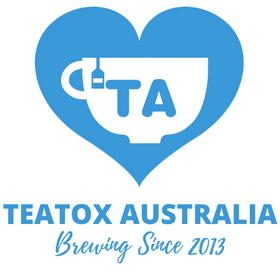
Vegan and plant-based diets are getting more and more popular in the Western world especially and people become vegan for all kinds of reasons--ethical, environmental, health, etc. However, if the primary reason you are thinking of becoming a vegan (or vegetarian) is to lose weight, there are some things to gauge if this choice will work for you or not.
The problem with most articles online is that they are biased towards one or the other side and so we are giving you some clear and unbiased guidelines to make the right choice. Here they are:
A vegan diet for weight loss will work for you if:
- You don’t have any intolerances or digestion problems with various veggies or well-known vegan products e.g tomato, onions, Brussels sprouts, soy, nuts, etc.
- You don’t have any significant deficiencies in vitamins and trace minerals e.g iron, calcium, zinc, etc.
- You typically like to eat clean and/or small portions of food.
- You don’t have any hormonal problems e.g thyroid that would undermine your weight loss efforts.
- You wish to mildly detox your body as well to boost your weight loss and health.
- You have the time and energy to prepare your meals ahead.
- Your workouts are mild.
Likewise, following a plant-based diet won’t work for you if you have various vegetable intolerances, hormonal problems, or simply follow a very busy lifestyle and an intensive workout routine. If you also have a tendency to lose energy or go through a stressing period in your life, starting a vegan diet isn’t the best idea for losing weight and maintaining your health either.
The thing is, just because something is “vegetarian/vegan”, it doesn’t necessarily mean that it’s good for your waistline. Olive oil, for example, is healthy but just 1 tbsp is packed with 120 calories--same goes with other vegan foods like tahini, legumes, avocados, and bananas. If you want to really lose weight while following a vegan diet, you still have to watch your daily calorie intake as calories from vegan foods can quickly pile-up without realising it.
Also, keep in mind that if you are switching from a meat-based diet to a plant-based one or go full vegan, you will most probably feel hungry during the first few days or week. This is perfectly common as your body needs some time to adjust to your new diet patterns. However, if you find yourself feeling hungry or exhausted for longer periods of time or simply don’t notice any real weight loss, this is a sign that you should pause your vegan diet and introduce other animal-based foods e.g eggs or quit altogether. In the end, it’s a matter of personal experimentation--vegan diets work for many but not for everyone and you’ll have to try it for a significant period of time e.g 1-2 months to see if it works for you or not.
